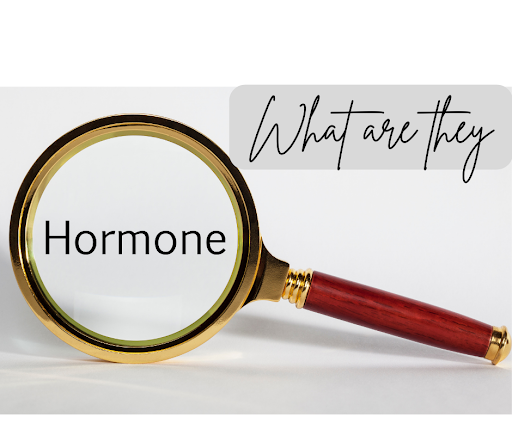
What are hormones?
- A chemical substance that is secreted and travels by way of body fluids to affect another tissue in the body.
- Essentially they are chemical messengers
- Hormone levels change daily
Types of hormones
- Estrogen
- – an entire class of hormones which includes estriol, estradiol and estrone.
- Estriol – is made from the placenta during pregnancy
- Estradiol
- The primary sex hormone
- It is formed from developing ovarian follicles
- Responsible for female characteristics and sexual function
- Also very important for bone health
- This hormone also contributes to most gynecological problems like Endometriosis, fibroids and even female cancers
- Estrogen levels can fall because of
- Hypogonadism
- Hypopituitarism
- Menopause
- Polycystic Ovarian Disease
- Anorexia
- Extreme exercise or training
- Also childbirth and breastfeeding lower estrogen levels as well
Testosterone
- If you have too much testosterone you may experience irregular or absent menstrual periods. You may also experience excessive body hair
- High levels of testosterone may lead to infertility and is commonly seen in Polycystic Ovarian Syndrome
- At menopause women notice a decrease in testosterone which can cause a decrease in libido
- Can be low because of a vitamin deficiency or trauma
- Adrenal glands also release a small amount of testosterone
Progesterone
- Declines more rapidly than estrogen
- Designed to counterweight estrogen. Estrogen rises in the first half of the cycle and progesterone levels rise in the middle.
- Progesterone maintains the uterine lining during pregnancy, decreases contractions and supplies the embryo with nutrients
- Prepares the uterus for implantation
- Plays a major role in relieving menopausal symptoms
- this is a female hormone produced by the ovaries during ovulation

